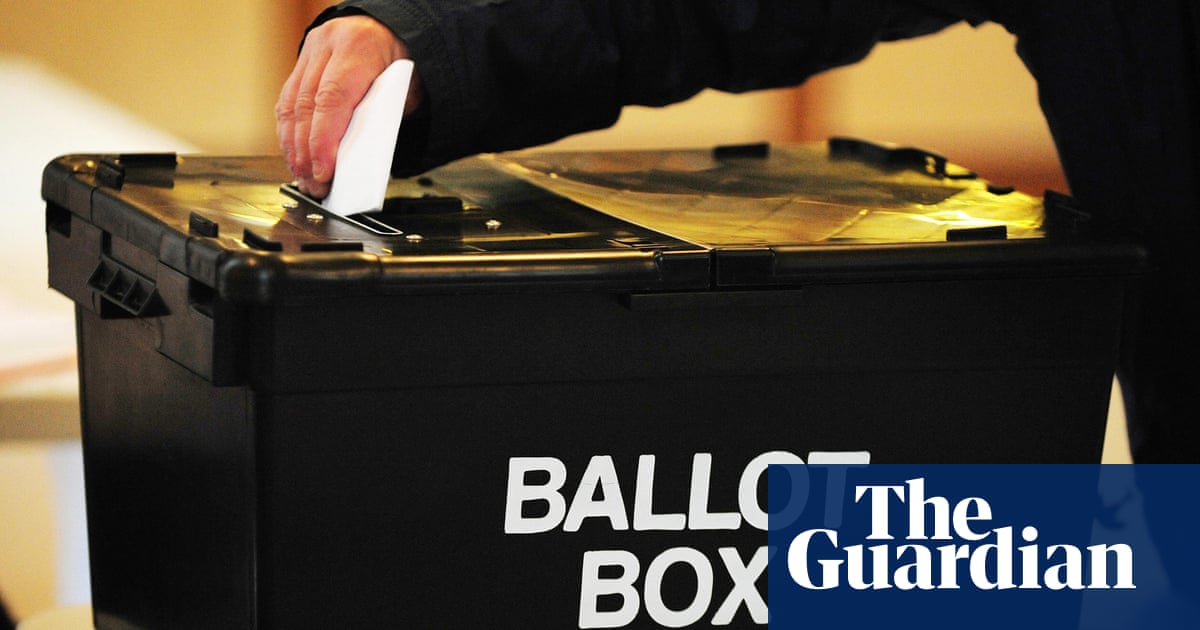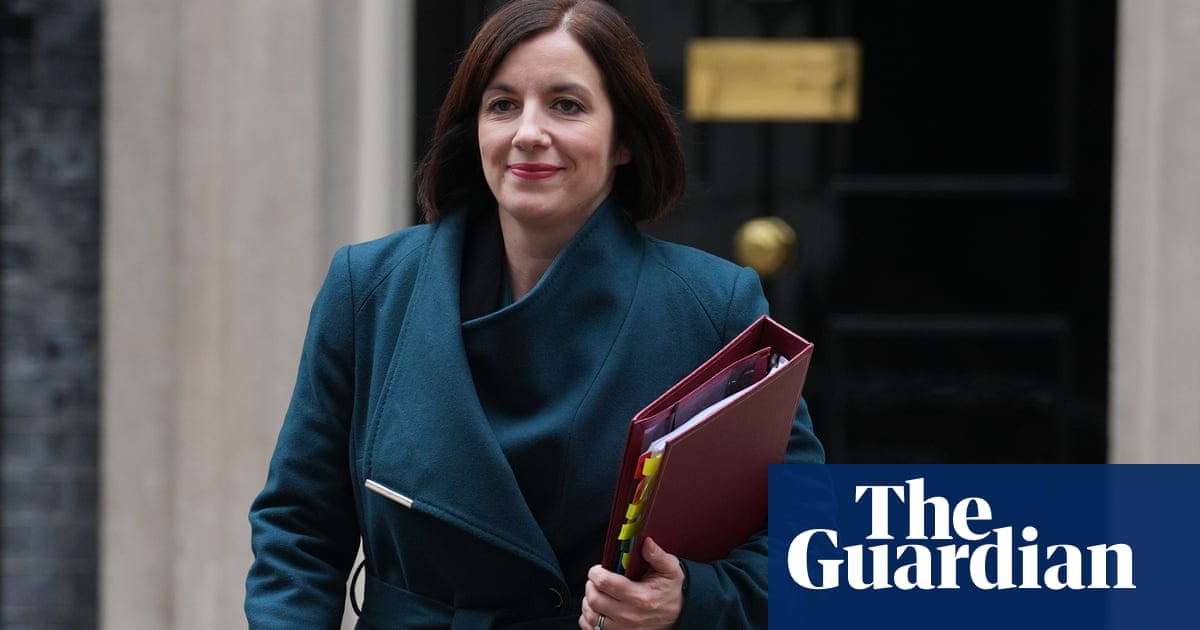Scottish ministers are contemplating modest tax increases for the better off and plan to scrap the freeze in council tax rates as they search for extra money in this week’s budget.
Shona Robison, the Scottish finance secretary, is under pressure to provide a vote-winning budget on Wednesday after being given a record amount of funding from the Treasury for next year.
She is expected to increase spending on health, confirm up to £160m in spending on a new universal winter fuel payment for pensioners and promise no fresh cuts to public services.
Meanwhile, opposition parties are clamouring for extra spending on their policy priorities as they broker deals with Robison to provide votes the minority government needs to get her £47bn budget passed.
Robison has been given an additional £1.4bn for day to day spending to use by April next year, and then a further £2.8bn for the next financial year, by the chancellor, Rachel Reeves, as well as £700m in extra money for infrastructure projects.
Yet despite that, the Fraser of Allander Institute (FAI), Scotland’s leading economics thinktank, has warned Robison has little room to manoeuvre because she has overspent on public sector pay deals, which were unbudgeted.
The FAI estimates those awards will cost at least £750m this year, pushing Scotland’s public sector wage bill to around £25bn. Public sector pay, and the costs of funding the NHS, social security and local government, absorbs £7 of every £8 she has to hand, greatly reducing her discretionary spending.
The FAI estimates there is also a shortfall of at least £400m in current spending plans, as well as the £90m cost of resuming funding of services she temporarily cut in an emergency budget in September.
Who will back the budget?
The Scottish National party runs Scotland with a minority government. It commands 62 votes at Holyrood, three short of a majority. That puts the Greens, with 7, and the Liberal Democrats, 4, in pole position.
The Greens want council funding to increase, more spending on nature and the climate crisis, the reinstatement of free school meals for all primary school pupils – a policy postponed recently by Robison – and a pilot project to cap bus fares at £2.
The Lib Dems want additional spending on carers and, like the Greens, a cancellation of the council tax freeze. To the SNP’s bemusement, however, the Lib Dems also insist no further money is spent on pursuing independence: a core SNP policy.
Swinney warned opposition parties last week they had a public duty to get the budget through: “In a parliament of minorities, no political party is a bystander in the budget process – if there is no collaboration then there is no budget bill.”
The chancellor’s bittersweet pill
Rachel Reeves handed the Scottish government a welcome funding boost in October, increasing the Treasury block grant by £5.9bn over the following 18 months. However, her decision to increase employers’ national insurance rates added up to £550m to Scotland’s public sector pay costs.
The Treasury has mooted a £300m refund to cover that bill; Scottish ministers argue that leaves them to fund the £200m or more shortfall on Wednesday.
Where can extra money be found?
Robison has twice raided a £810m fund from ScotWind, the Scottish offshore wind licensing round, and Scotland’s reserves, to pay for day to day spending. She can do so again, or use Holyrood’s powers to raise income tax rates, landfill taxes and stamp duty. But Robison’s team fears Reeves’ national insurance decision greatly limits the scope for higher personal taxes.
Lifting the council tax freeze – instituted by the former first minister Humza Yousaf last year in an ill-conceived attempt to save the SNP from a rout at the general election – will allow councils to raise local taxes by up to 10% or more to offset cuts in central government funding, pay for higher staff wages and more free school meals.
She may also target private jets using Holyrood’s powers to tax aviation – a policy favoured by climate campaigners.
Last Friday, the FAI cast doubt on her chances of protecting the public sector from further cuts without additional sources of revenue.
“When we put all these pressures together, there is little in the way of additional funding that is not already committed. If pay pressures in particular turn out to be higher than planned and in the absence of further measures, we could very well see the Scottish government needing to take in-year action again to rectify the fiscal position,” it said.

.png) 1 month ago
4
1 month ago
4













































